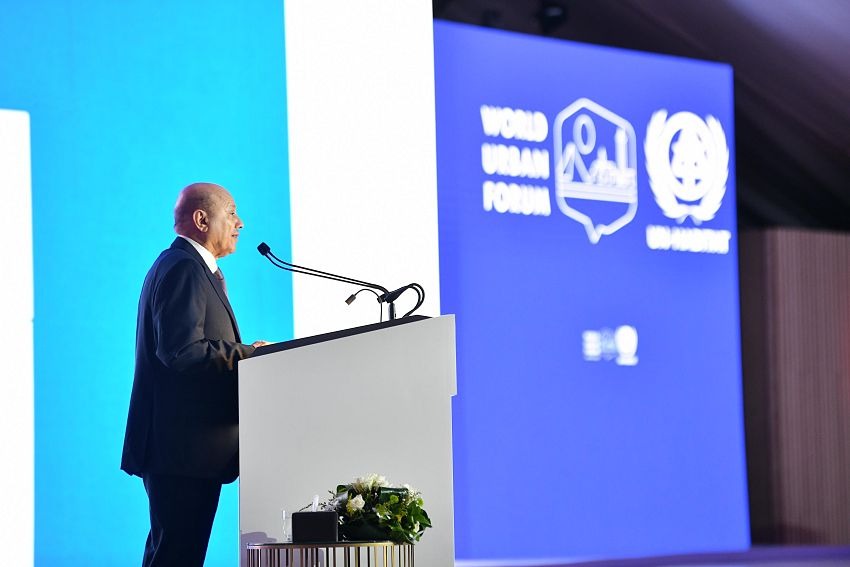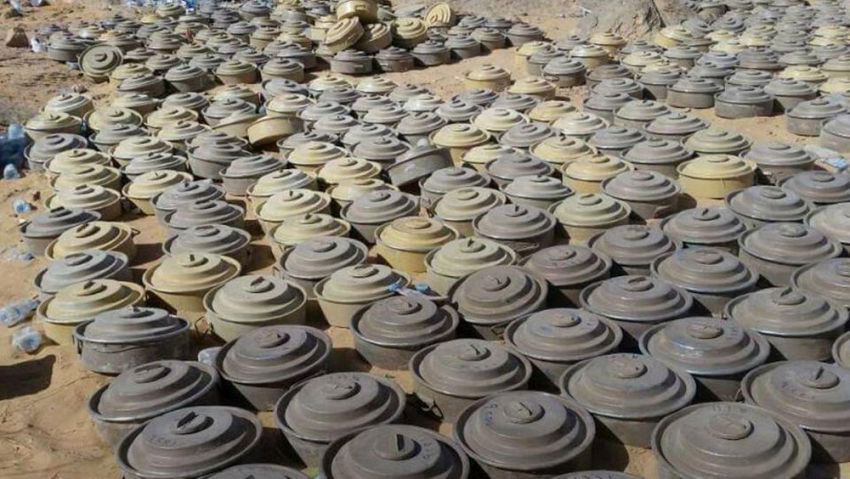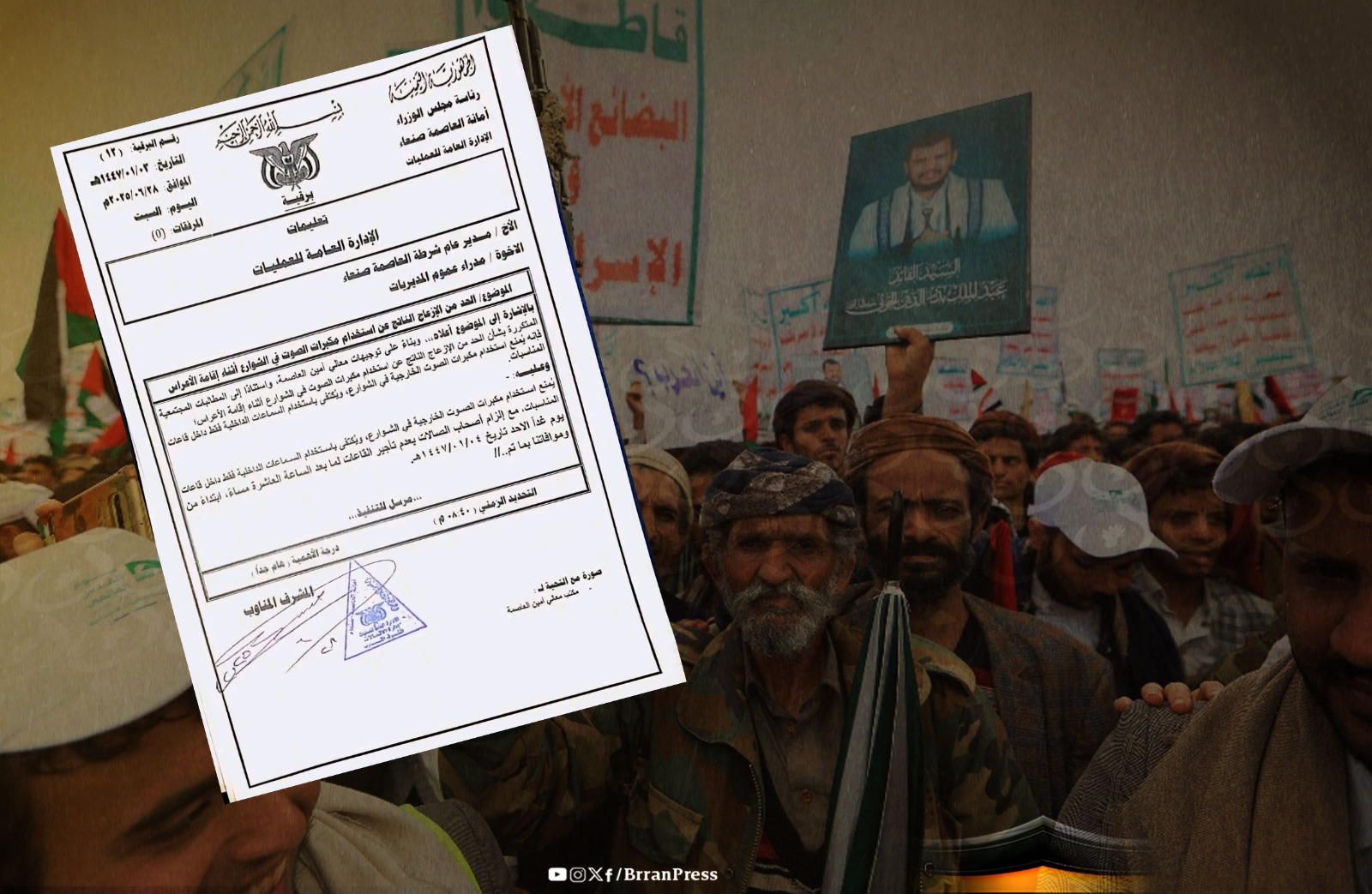
Barran Press
On November 4, 2024, Rashad Alimi, Chairman of Yemen's Presidential Leadership Council, stated that the ongoing war has pushed approximately 16 Yemeni cities decades back in development, exacerbating economic losses that could reach $657 billion by 2030 if the conflict continues without a resolution.
Speaking at the 12th World Urban Forum in Cairo, attended by representatives from various countries, academics, business leaders, urban planners, and civil society, Alimi addressed the urgent urban challenges facing the world today, as reported by the Yemeni News Agency, Saba.
Alimi highlighted that urban services in Yemen have suffered significant damage, with the energy sector experiencing a 49% loss and the water and sanitation sector seeing a 38% decline. He pointed to extensive damage to internal road networks and telecommunications infrastructure as well.
He stated, “The war, instigated by the Houthi movement—designated a terrorist organization—has resulted in massive destruction of infrastructure and essential services, particularly in electricity, roads, transportation, ports, airports, bridges, factories, and commercial establishments.”
The Chairman also discussed complex structural and financial challenges the Yemeni government faces amid climate change, which he noted has intensified the burdens of emergency interventions and slowed the implementation of urban development plans.
Alimi referenced the severe hurricanes that have impacted Yemen in recent years, noting their role in widespread destruction, including floods and landslides that have damaged infrastructure and homes.
From April to August of this year alone, sudden floods resulted in numerous casualties, displacing over 100,000 people and causing approximately $350 million in damage to infrastructure and agricultural holdings. He commended the efforts of Saudi Arabia, Egypt, the UAE, and other coalition nations in mitigating the war’s impact on the Yemeni people and preventing a total collapse of national institutions.
Yemen has been embroiled in a continuous war for a decade, sparked by the Houthi group's takeover of the capital, Sana'a, on September 21, 2014. This conflict has led to political division, economic decline, social fragmentation, and regional tensions, resulting in one of the largest humanitarian crises in the world.





